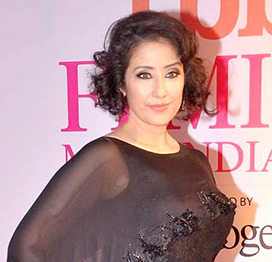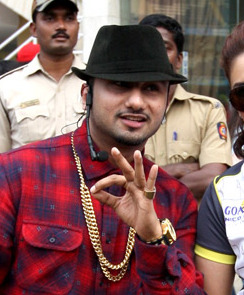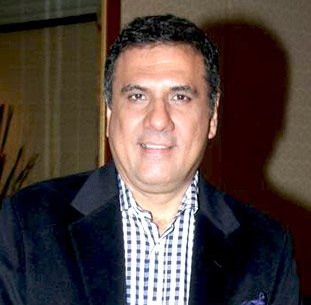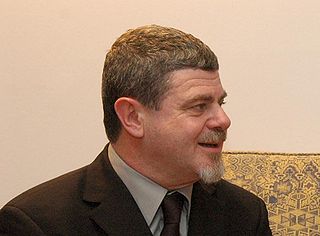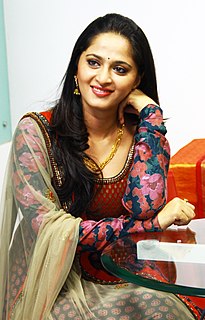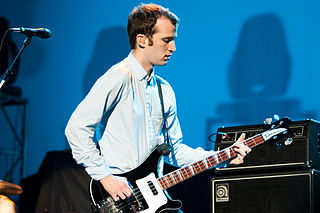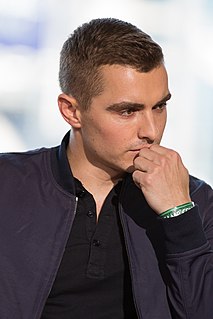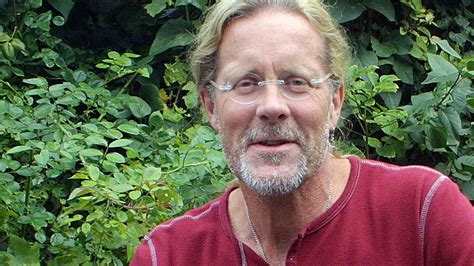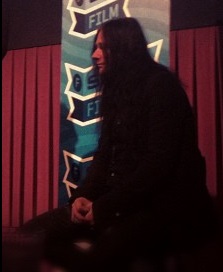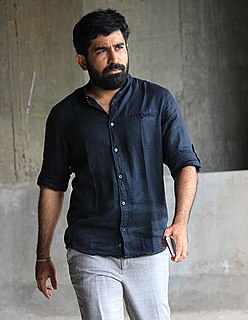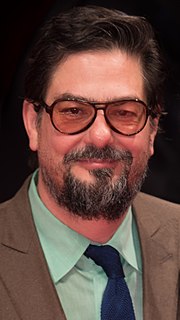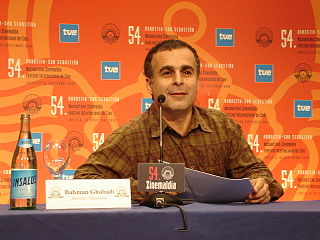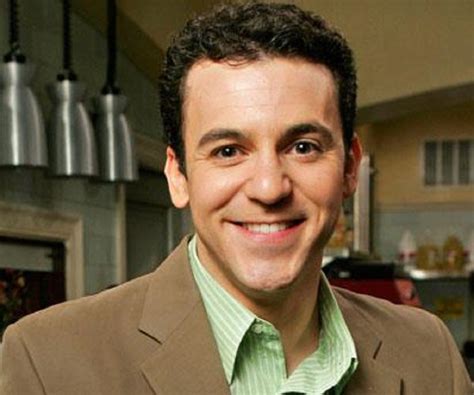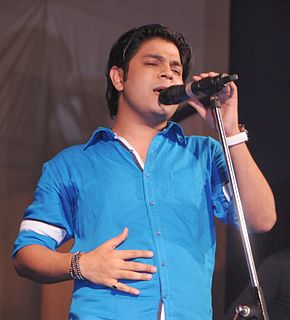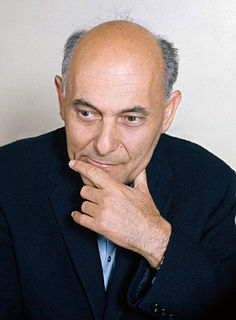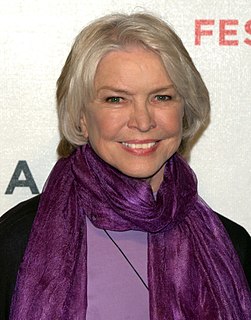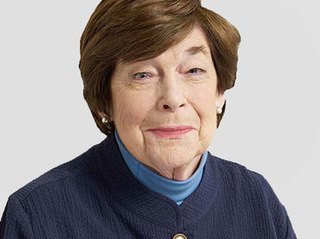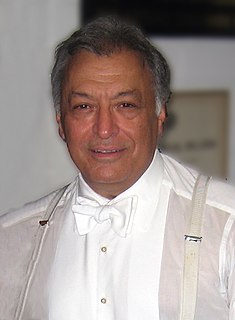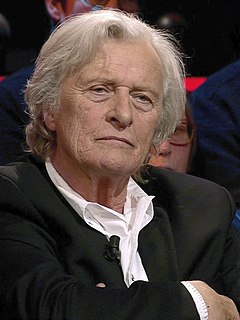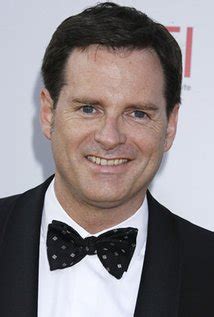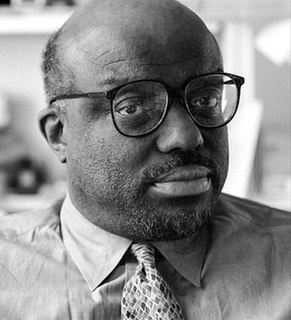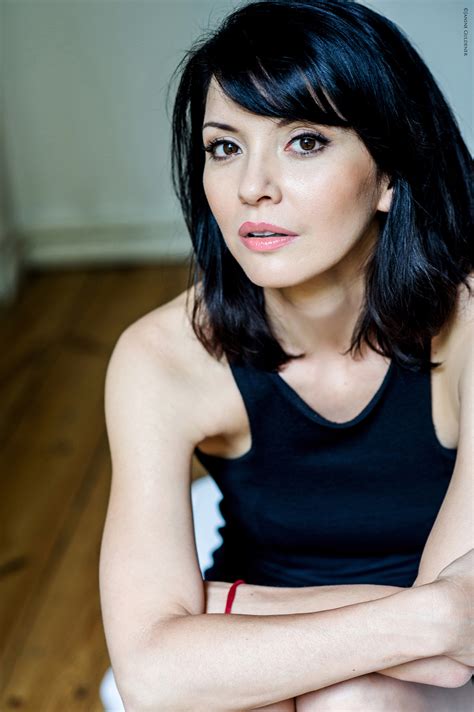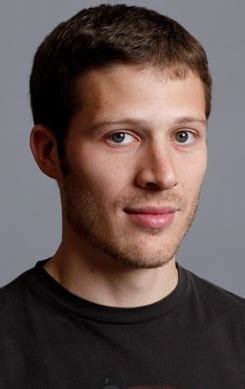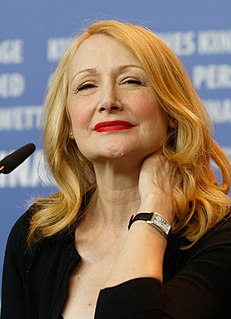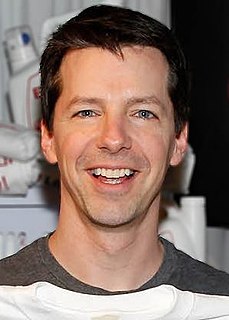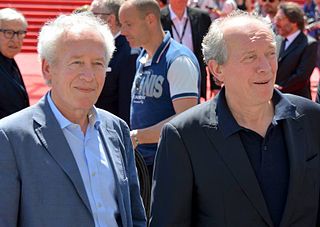Top 1200 Music Director Quotes & Sayings - Page 3
Explore popular Music Director quotes.
Last updated on December 11, 2024.
I like to adapt to a director's way of working. I love doing that. Each director is so different, and you have to adapt to this new way of doing something. That's what's amazing to me. That's why I love directors. I don't want to director to have to work around me. I think it's more fun for me to come in on their thing.
When you're a music director, you have people constantly sending you music and trying to get - I mean, I'm sure you have the exact same thing when you do a magazine - that you have people constantly wanting to get your attention. And I think I learnt a lot from being on that end of things, when I was trying to book the tour, the first tour we did.
My job on a film is to be responsible for all the sounds in the movie besides the music. Together with my team, we work on the dialogue, foley, sound effects, and sound design. We work closely with the director and picture editor in the prep period, and then together with them, the sound mixers, and music crew, we collaborate on the final mix of the film.
The producer can put something together, package it, oversee it, give input. I'm the kind of producer that likes to take a back seat and let the director run with it. If he needs me, I'm there for him. As a director, I like to have the producer there with me. As a producer, I don't want to be there because I happen to be a director first and foremost, I don't want to "that guy."
The joy is actually in the music. It's the music that supports you and tells you what to do. It tells you how to fill the music. You don't have to be shy about feeling the music when you're singing. If you believe in music-the power of music-the music will support you and take you to another dimension.
I've had friends who have come away who've said, "I shouldn't have become such close friends with the director." You always want to get on with the director, but I personally prefer a relationship where you respect them - you get on really well with them, but they're boss, as it were. It's about trusting your director, for better or for worse. They're the one's seeing what's coming out on the monitors, so you have to try and trust what they say.
The music director, Stephen Oremus, was telling me: "I hope you've done your work." We only have ten days rehearsal. The music is no joke. My solo singing is not that hard. But the stuff I have as part of the choir or as a "Dead Guest" in the second-half... I'm singing some really incredible chorus stuff that I haven't done in a long time. It's extremely difficult.
I think one third of my work is with first-time directors because I think I should, you know? Really, the difference between a first-time director and a second- or third-time director - I mean there's no director who makes enough movies anyway - but if they're talented, they have it. And there is no movie that is perfect.
The best directing style is the one that lets me do whatever I want. Seriously though, I like to be challenged and I like to collaborate. I love finding the medium between what I think and what a director does. I hate when a director uses the "my way or the highway" approach. But it also sucks when they tell you everything you do is great and offer no input. It's a fine line a director has to walk. It is a hard job.
